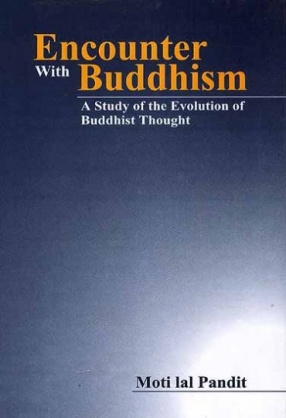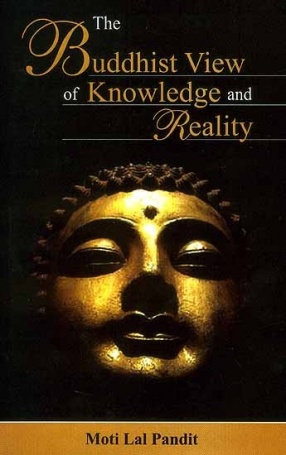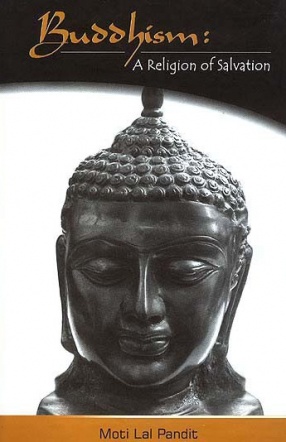The main purpose of writing this book is not only to explain, but also to interpret, the three phases of development of Buddhist thought in India, and how and in what manner it spread out to countries as far away from the land of its origin as Japan. Though the subject may be vast, a conscious effort has been made of explaining the complexity of Buddhist philosophical thought in as concise term as possible. The first five hundred years, which constitute the initial phase of development during this phase is at present known as Theravada, and is prevalent in countries that lie to the south of India. On account of this geographical location of Theravada countries, it is also known as the Southern Buddhism.
The second phase of Buddhism is characterised by the emergence of Mahayana. All those religious features were brought into Buddhism with the inception of Mahayana that are constitutive of folk religiosity. One of the important religious elements that crept into the Buddhist fold was the doctrine of Bodhisattva.








There are no reviews yet.